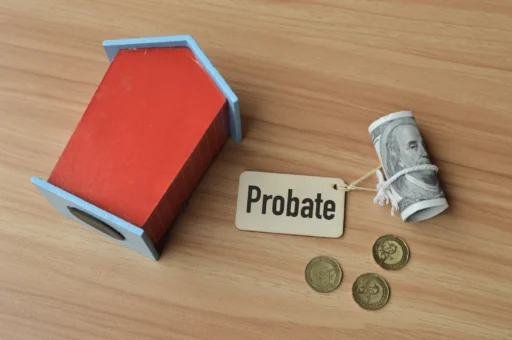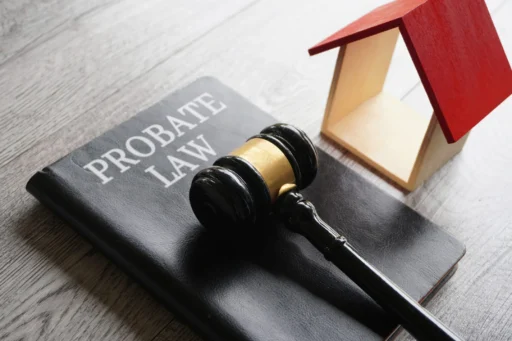When Should You Contact a Minnesota Probate Attorney?
The probate process handles property transfers and debt payments after someone’s death. If you’ve been named as a personal representative, contact a Minnesota probate attorney right away. Acting quickly helps protect the estate and ensures every filing follows state law. Your attorney will guide you through each step, organize documents, and prevent avoidable mistakes.
Managing a loved one’s estate is stressful and emotional. A probate lawyer keeps the process calm and structured. With professional help, you’ll meet all court deadlines, manage assets responsibly, and close the estate efficiently.
How Does the Probate Process Begin and End?
The probate process starts when the personal representative files the will with the local court. They must collect and value assets, pay valid debts, and distribute property to heirs. If no will exists, the court appoints a personal representative to handle everything. Once the final accounting is complete, the court approves it and closes the estate.
Minnesota recognizes both formal and informal probate. Informal probate uses minimal court supervision, while formal probate involves more oversight for complex estates. Most cases must begin within three years of death. When disputes arise, your probate attorney can resolve them quickly to keep the process moving.
Which Estates Must Pay Estate Taxes?
Before heirs receive anything, the personal representative must pay all taxes and debts. The federal estate tax applies to large estates exceeding $13.61 million per individual or $27.22 million for married couples in 2024. The top rate reaches 40 percent. Minnesota imposes its own estate tax on estates worth more than $3 million for individuals or $6 million for couples, with rates between 13 and 16 percent. Because these numbers change often, consult an estate planning attorney for current rules. Visit the IRS Estate and Gift Taxes page for national guidance.
How Do You Handle Debts During the Probate Process?
The personal representative must notify creditors right away. Minnesota law requires publishing a probate notice in a local newspaper for two consecutive weeks. Creditors then have four months to submit claims. Within three months, the representative must send direct notice to known creditors. Reviewing mail and credit reports helps catch every account. Once verified, estate funds are used to pay approved debts, maintaining transparency and compliance.
When Do Heirs Receive Their Inheritance?
After all debts and taxes are paid, the personal representative distributes remaining property to beneficiaries. If a will exists, the document guides those transfers. Without one, Minnesota’s intestacy laws determine who inherits. A probate lawyer ensures each distribution follows legal procedure and protects every heir’s rights under the law.
Can You Avoid the Probate Process Altogether?
Yes. Careful planning can help your family skip probate. Common tools include living trusts, joint ownership with rights of survivorship, and payable-on-death or transfer-on-death designations. These allow assets to pass directly to beneficiaries without court involvement. Your probate attorney can design a strategy that fits your finances and family needs while reducing legal costs.
Work with Metropolitan Law Group
The probate process doesn’t have to feel overwhelming. The team at Metropolitan Law Group, led by Attorney Lisa A. Haster, helps Minnesota families handle estates efficiently and confidently. Call 612-524-9414 or book a complimentary 15-minute Discovery Call to get trusted legal support today.




